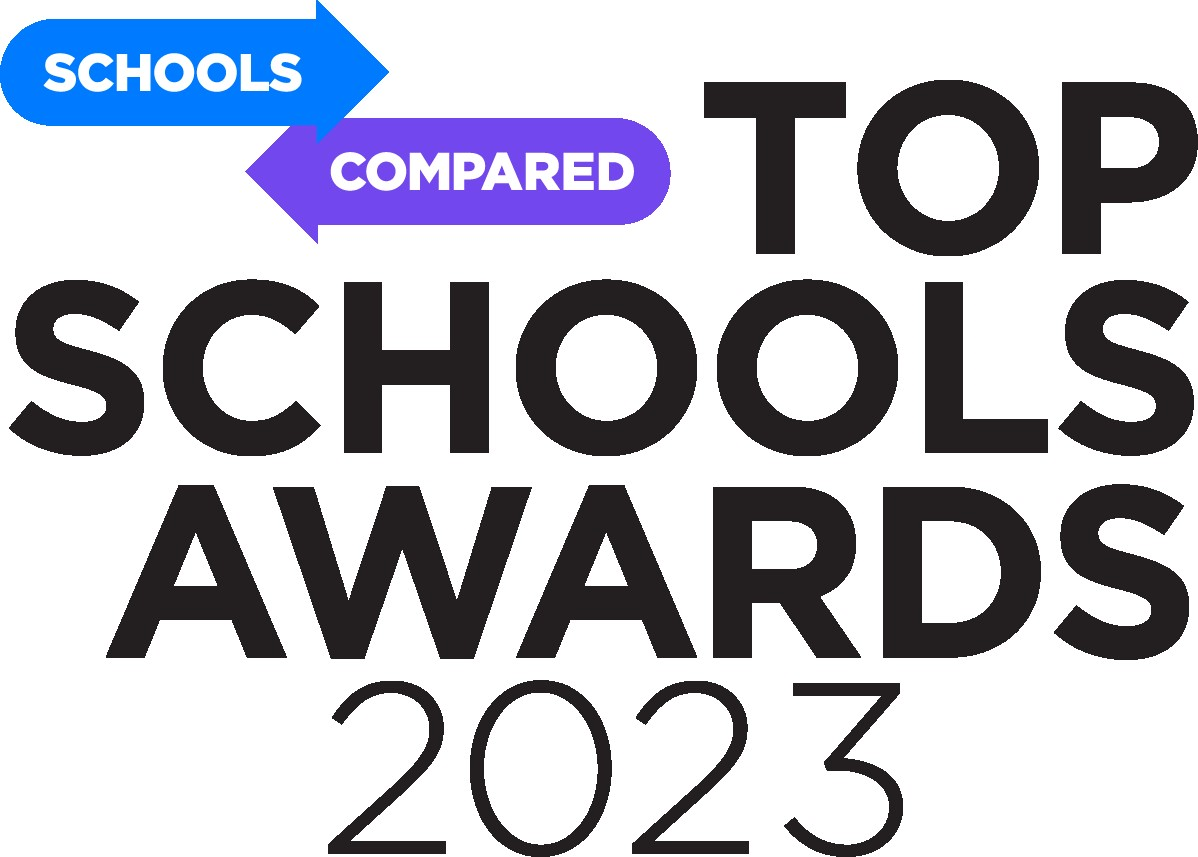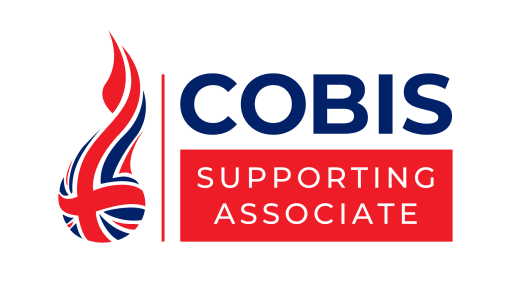Economics is a stimulating and intellectual course that enables students to develop an understanding of the how our world is shaped by complex and interrelated economic activity. The fundamental problem of scarcity – the gap between limited resources and theoretically limitless wants – underpins the subject as students explore how choices are made about what is produced, how much is produce and who receives it.
Students consider the theories, processes and models used by decision makers to make choices from consumers and producers right up to governments and muti-national organisations. The nine key economic concepts covered include:
- Scarcity
- Choice,
- Efficiency
- Equity
- Economic well-being
- Sustainability
- Change
- Interdependence
- Intervention.
These concepts are explored at both the microeconomic (individuals, firms) and macroeconomic (international, national) level, leading students to examine how our globalised world is increasing our interdependence.
Beyond theory, students will cover real-world issues, examining the values and limitations of economic models in explaining real-world behaviour and outcomes. In the process they will develop the knowledge and attitudes that will enable them to become responsible global citizens.

















